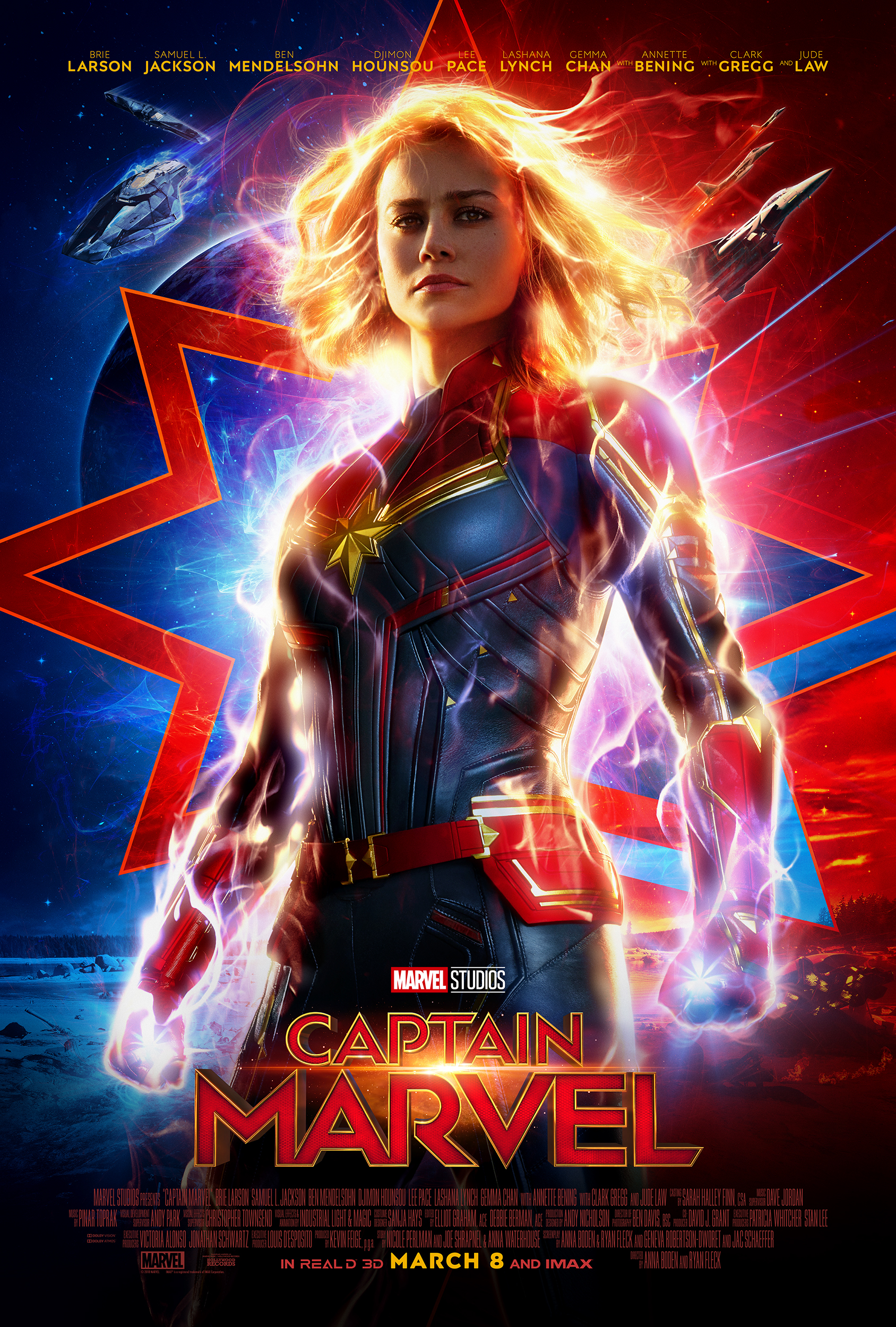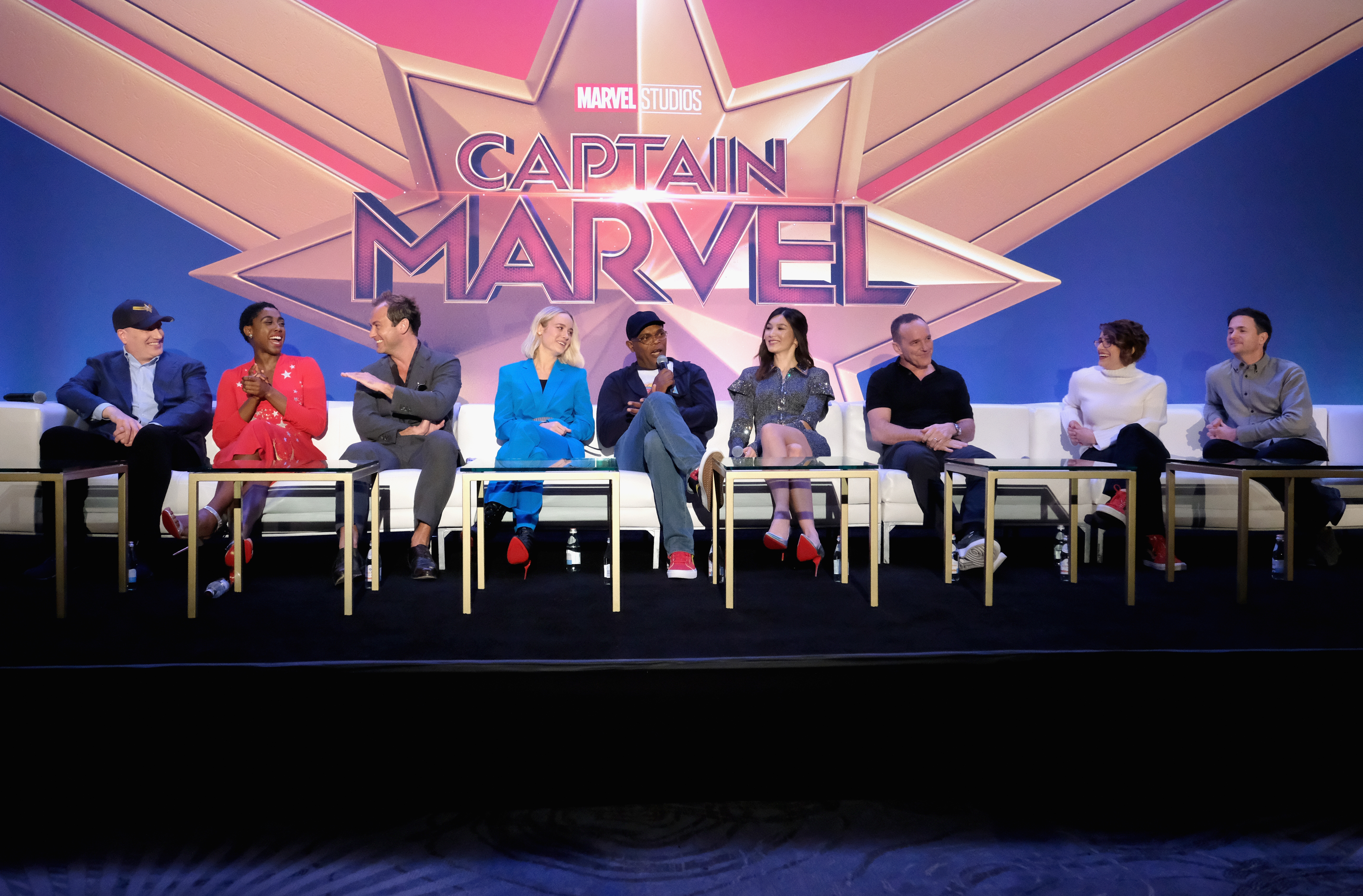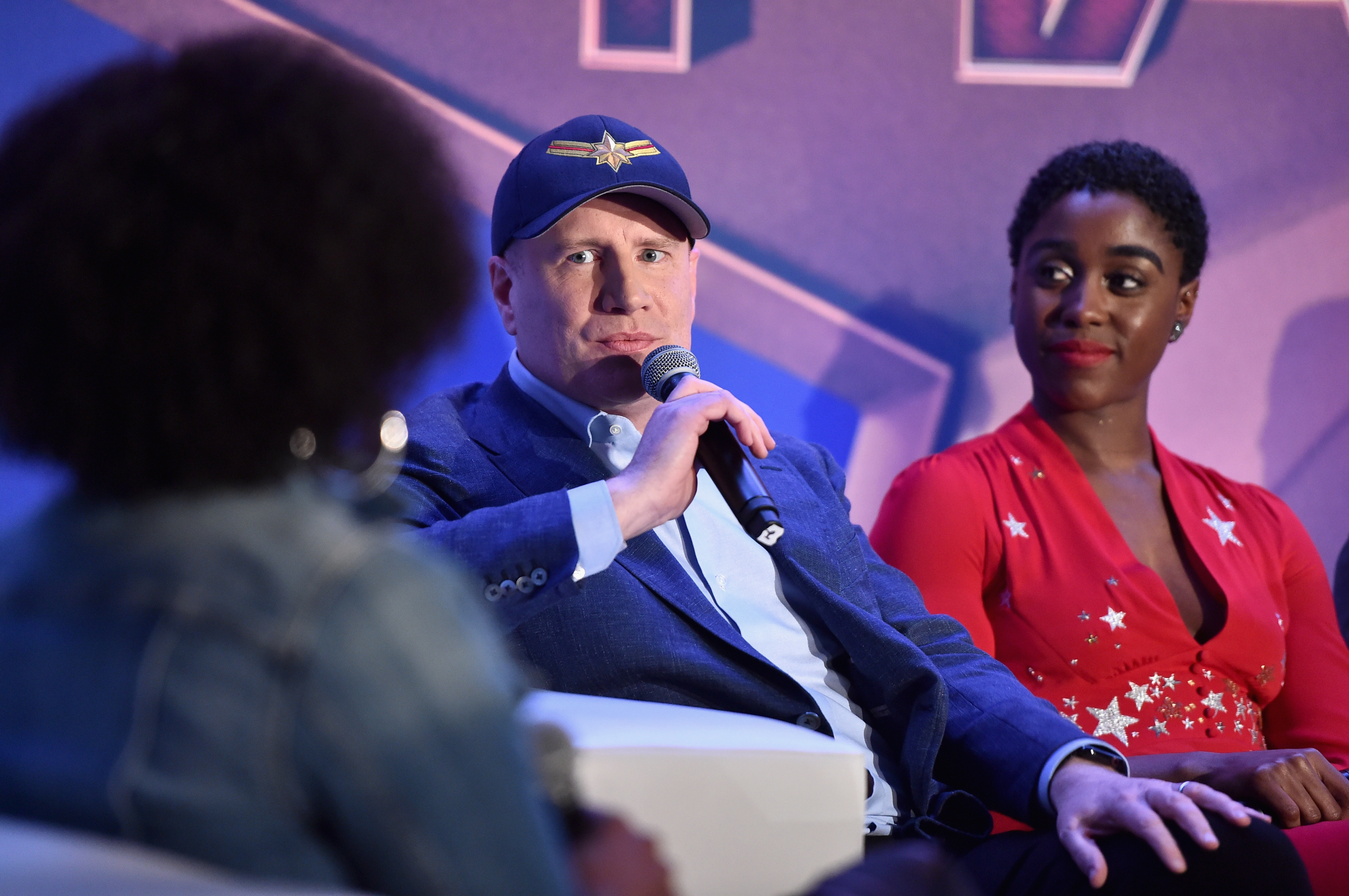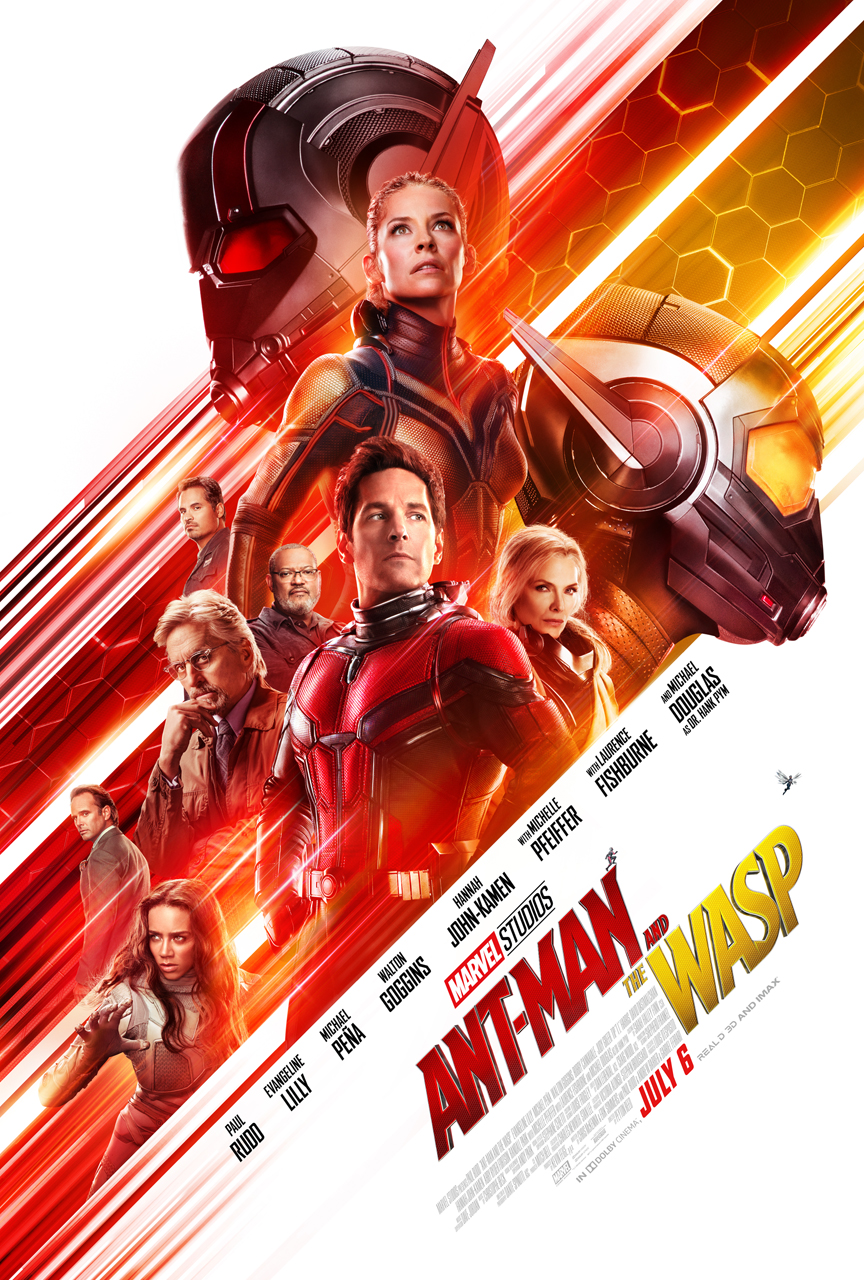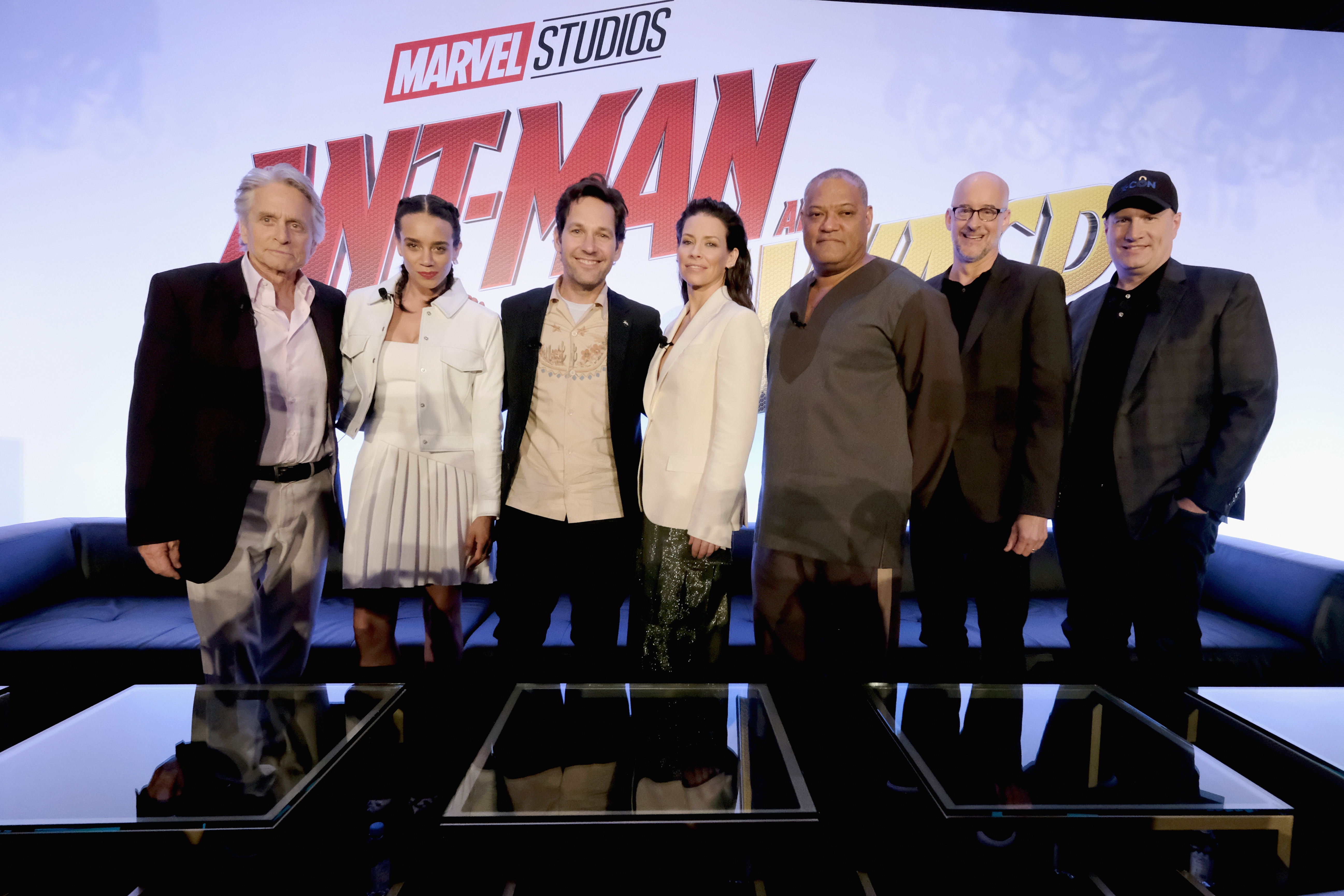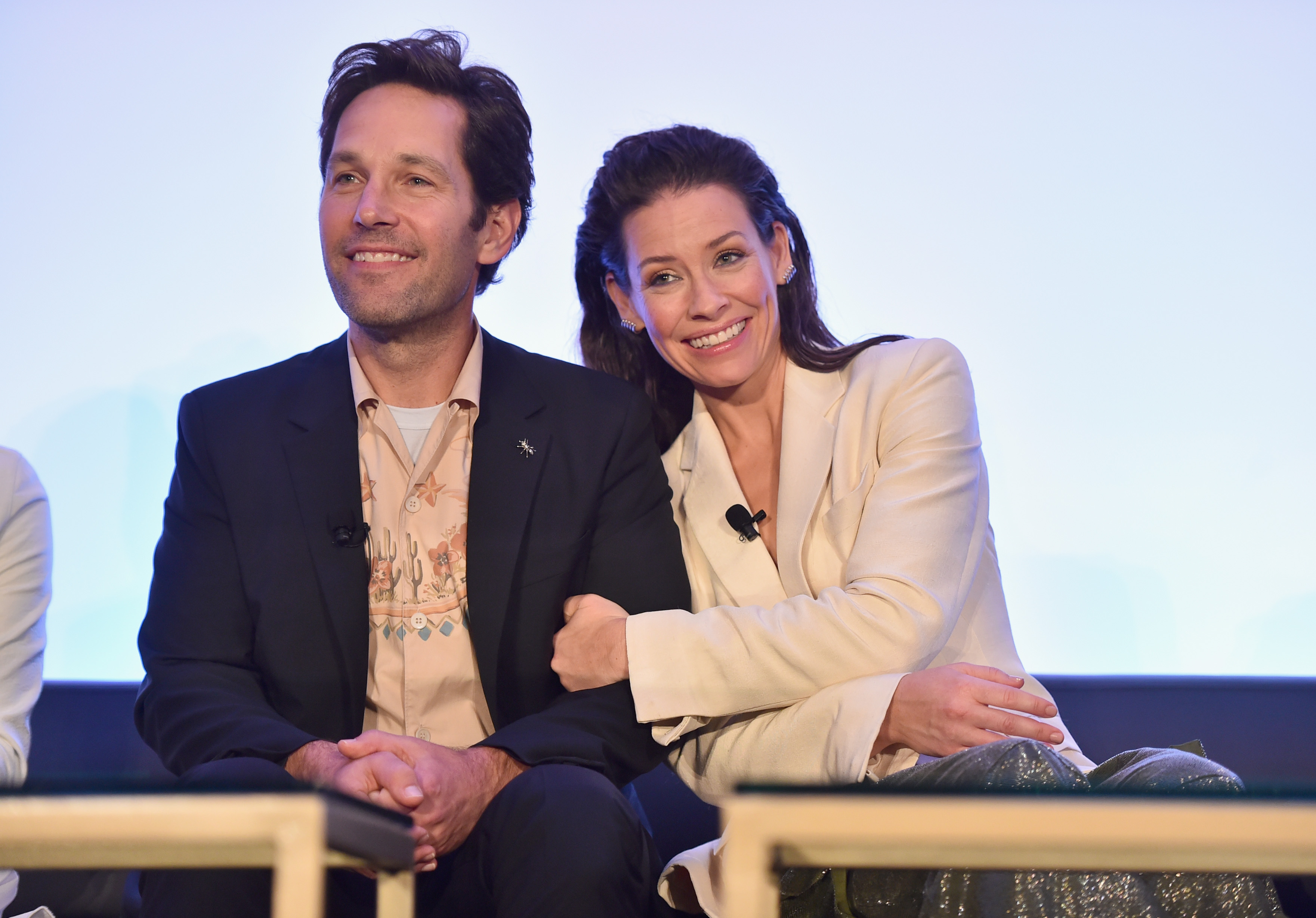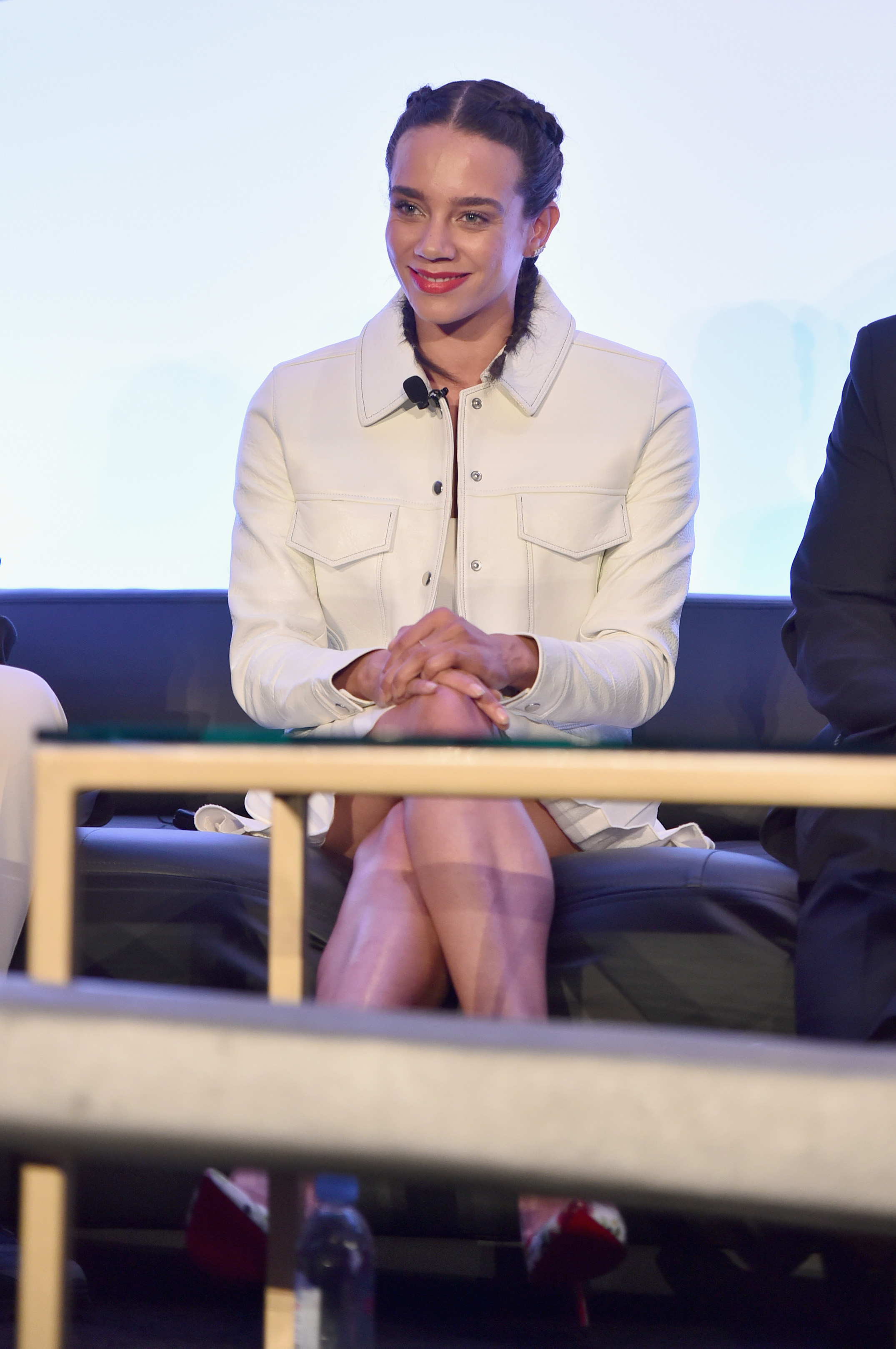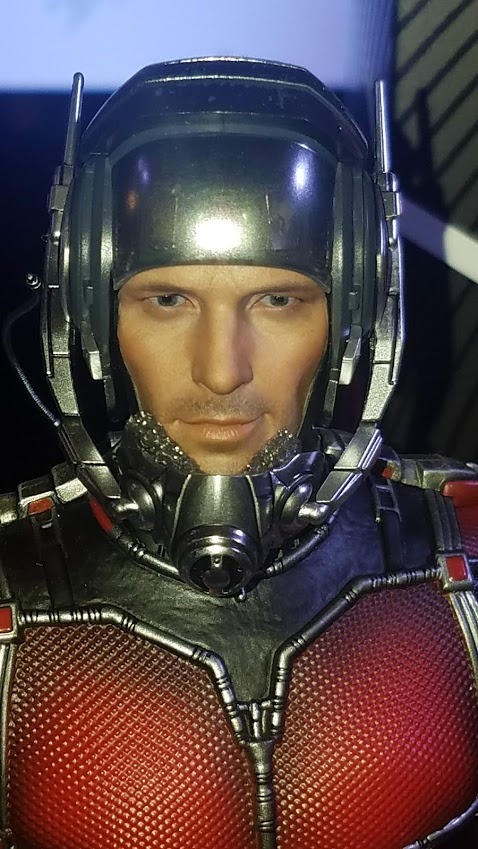Marvel Studios’ First Female Solo Lead Makes Powerful Debut in “Captain Marvel”
By Melanie Gable
*I was invited as media to attend a press screening for “Captain Marvel.” All thoughts and opinions are my own.*
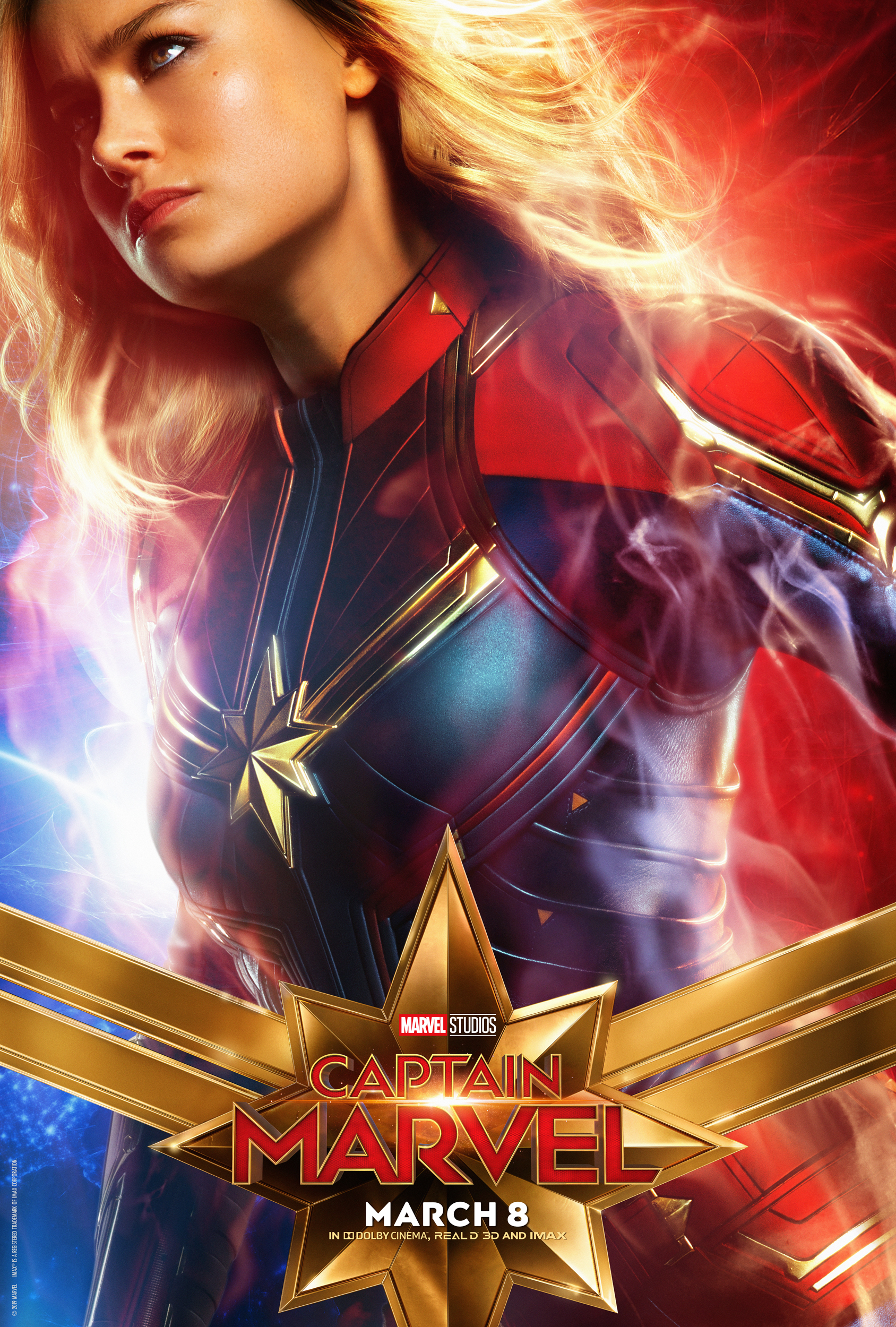
“Captain Marvel” checks all the boxes for an entertaining Marvel Studios origin story: Wisecracking hero learning how to wield their super powers responsibly? Check. Villainous alien invaders? Check. Complex and thrilling fight sequences? Check. S.H.I.E.L.D. Agent Nick Fury attempting to maintain control of an insane situation with his signature surly attitude? Check. So what makes “Captain Marvel” stand out from the other films in the Marvel Cinematic Universe (a.k.a. the MCU)?
Namely, it’s Captain Marvel herself.
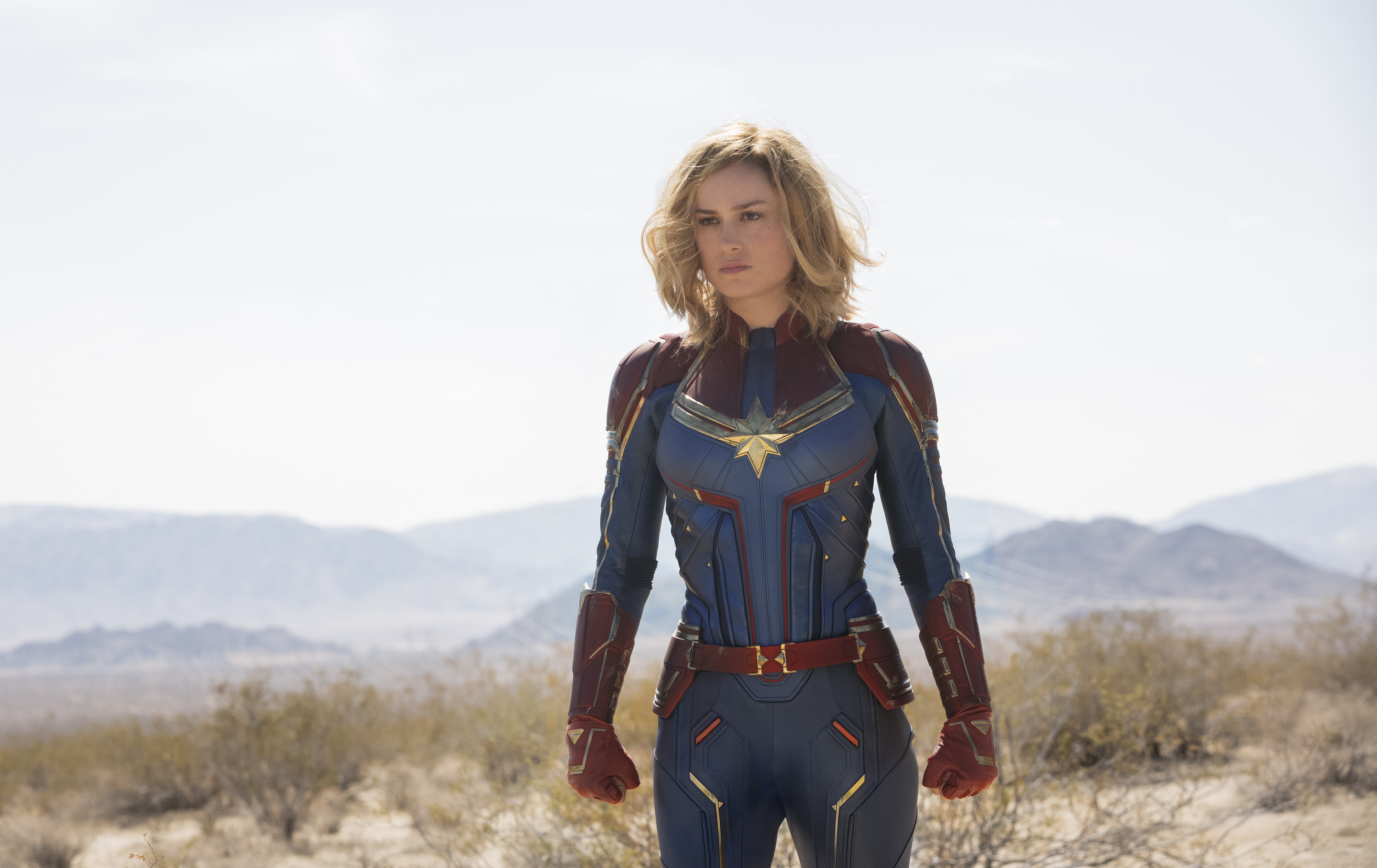
First introduced by Marvel Comics in 1967, Captain Marvel has been the superhero alter ego of a variety of characters, both male and female, since the series first began. The new film is based on Captain Marvel’s most recent mantle holder, Carol Danvers, a determined and talented U.S. Air Force pilot with a dry sense of humor and strong moral compass. Played with pluck and confidence by Academy Award winner Brie Larson, the new Captain Marvel is an awesome (and welcome) addition to Marvel Studios’ roster of superheroes.
Though there are already formidable heroines in the MCU, like Black Widow, Gamora, Scarlet Witch, The Wasp, and pretty much every woman in Wakanda (shout-outs to Okoye, Nakia, and Shuri), none of these characters have been featured in their own stand-alone, solo franchise. Captain Marvel is the first female superhero to do so, and it’s long overdue.
But that’s not the only unique aspect of this film in comparison to other Marvel Studios flicks – it also acts as a prequel of sorts to the entire Marvel Cinematic Universe. Set in the 1990s, “Captain Marvel” is not only an origin story for the title character, but also for S.H.I.E.L.D. agents Nick Fury and Phil Coulson, and the Avengers Initiative itself.
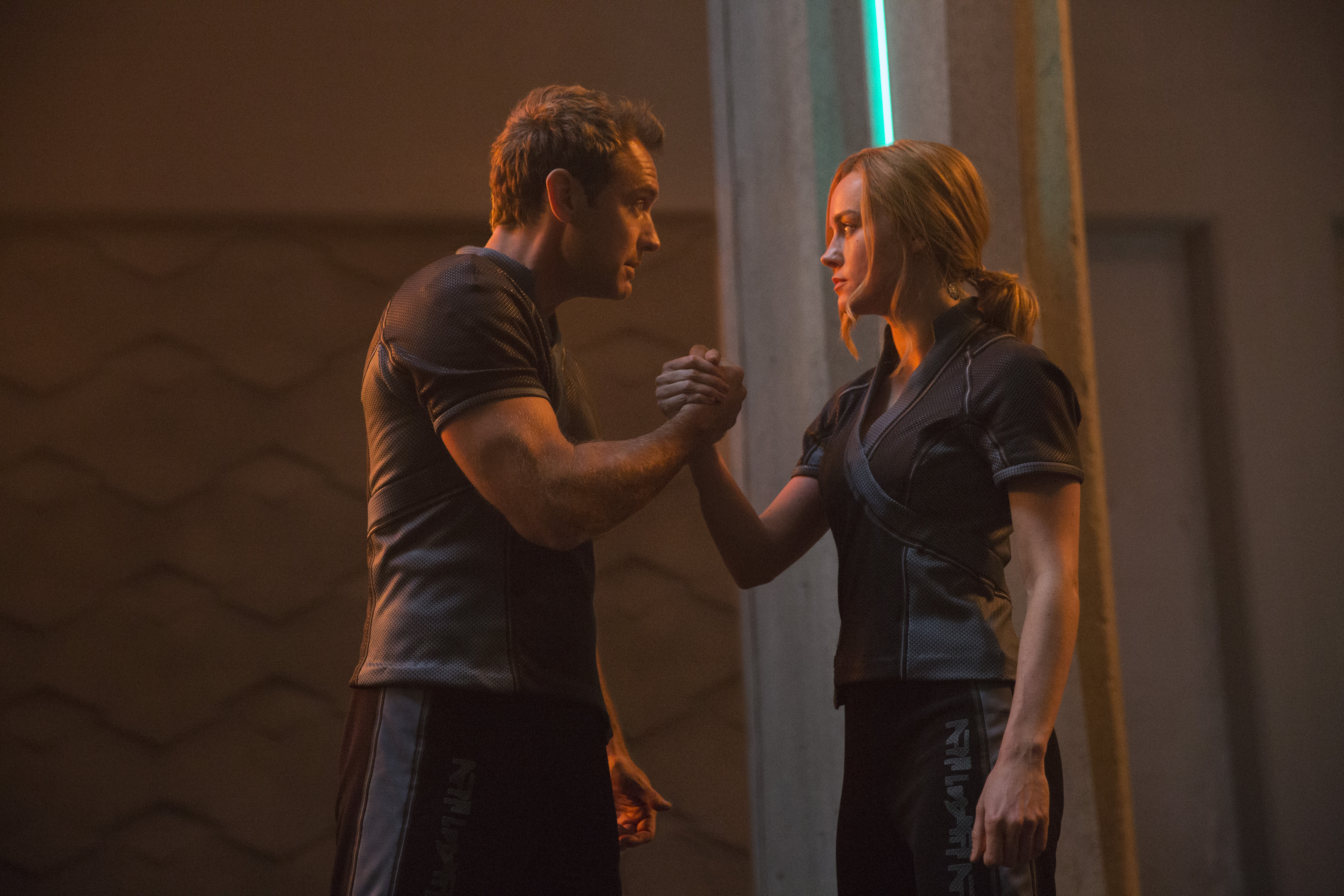
The movie begins in media res, with Carol Danvers waking up in another galaxy on Hala, the home planet of the Kree alien race. She has no memory of her life on Earth, but is haunted by vivid nightmares that hint at a past very different from the life she’s living on Hala, where she’s simply known as “Vers.” She spars with a Kree military commander named Yon-Rogg (Jude Law), who acts as her mentor and is training her to serve on an elite team of Kree military officers known as Starforce. Vers believes her super powers, specifically her ability to fire photon blasts from her fists, were given to her by the Kree, and she’s eager to put those skills to use. The Kree are embroiled in a war with the Skrulls, a race of shapeshifters, and Vers is sent on her first Starforce mission to help retrieve a Kree spy from Skrull-occupied territory.
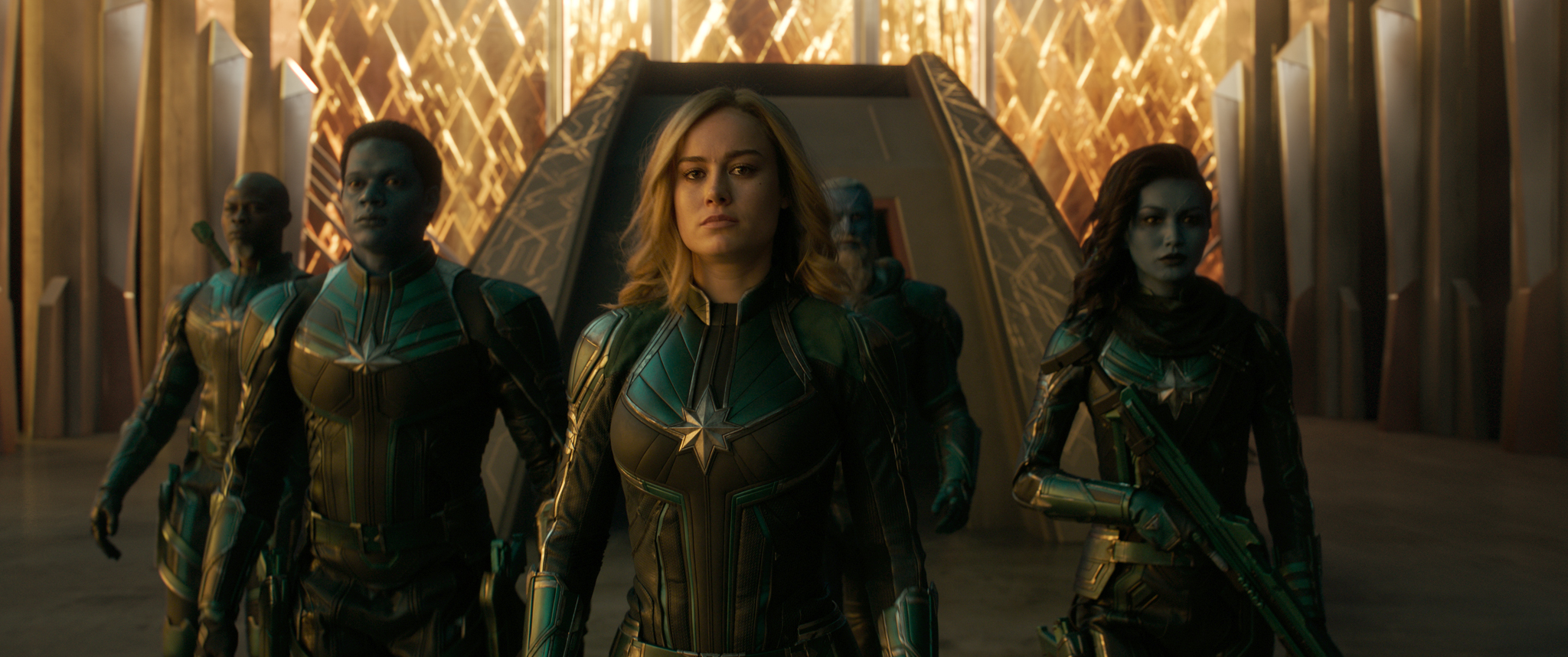
Through a series of misfires, Vers is captured by the Skrulls, who are seeking information about an energy core that could turn the tide of the war. The Skrulls use a device to comb through Vers’ memories of her life on Earth, but she’s uncertain as to whether or not the memories are real or a mind game being played on her by the Skrulls. Vers is able to make her escape and crash lands on Planet C-53, otherwise known as Earth, and that’s where the real fun begins.

Vers soon encounters a younger, slightly less jaded Nick Fury (Samuel L. Jackson, de-aged by visual effects technology) and his partner Phil Coulson (Clark Gregg), agents in the specialized U.S. law enforcement and counter-terrorism division known as S.H.I.E.L.D. Vers is Fury and Coulson’s first encounter with a visitor from another planet, and Fury is quickly drawn into Vers’ search for answers as to who she was on Earth and the real reasons behind why the Skrulls are seeking the energy core.
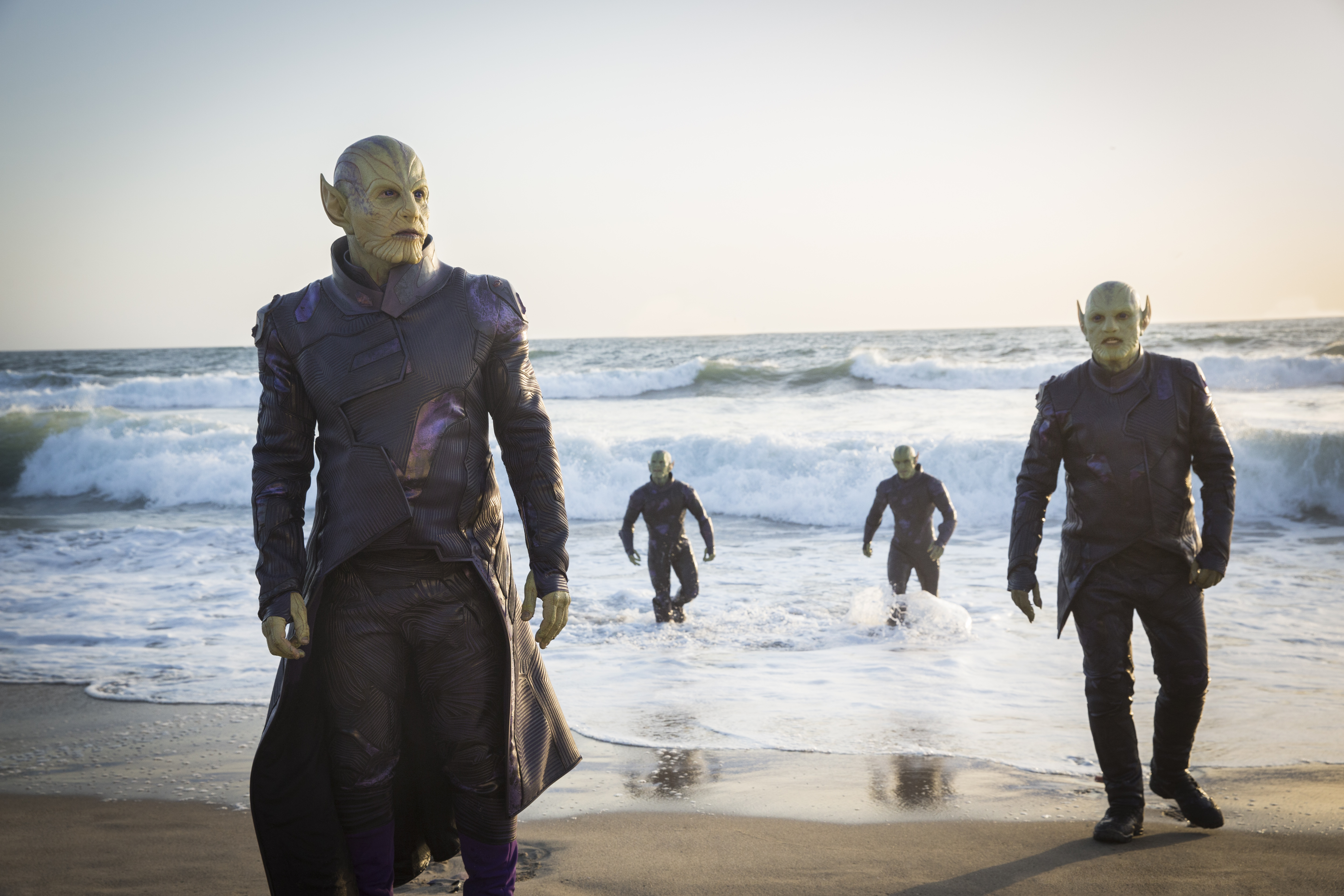
Directors Anna Boden and Ryan Fleck, a married couple who are also creative partners, are best known for helming indie films “Mississippi Grind,” “It’s Kind of a Funny Story,” and “Half Nelson.” The pair were originally in the running to direct “Guardians of the Galaxy,” but Marvel Studios ultimately hired them for “Captain Marvel,” in part based on an eloquent pitch by Boden. Though the film is a bit uneven in tone, their direction is overall adept, especially in the quieter scenes where the actors are given the chance to have more intimate conversations. With this film, Boden and Fleck have proven they can tackle a big-budget adventure just as skillfully as a character-driven indie.

